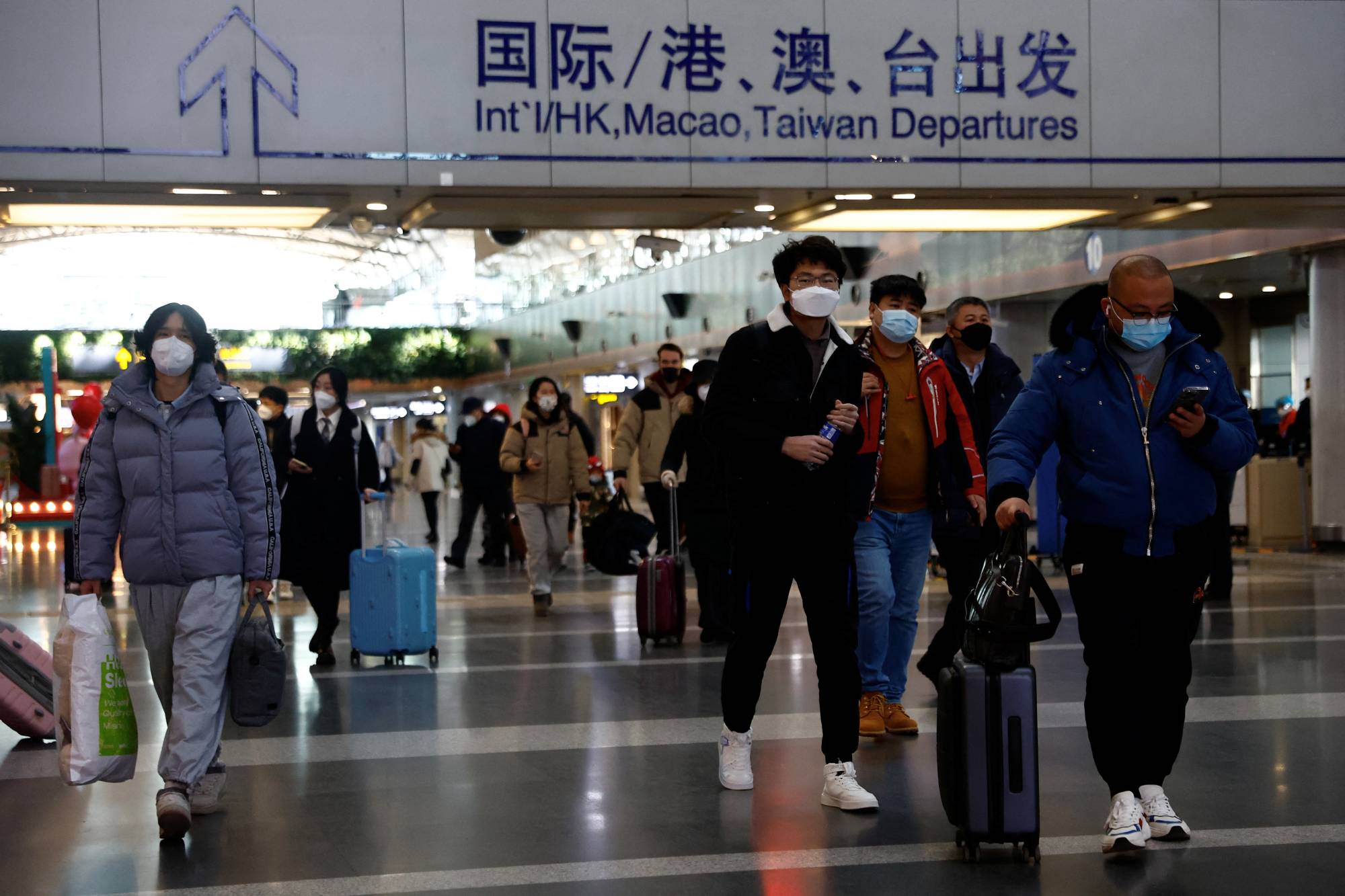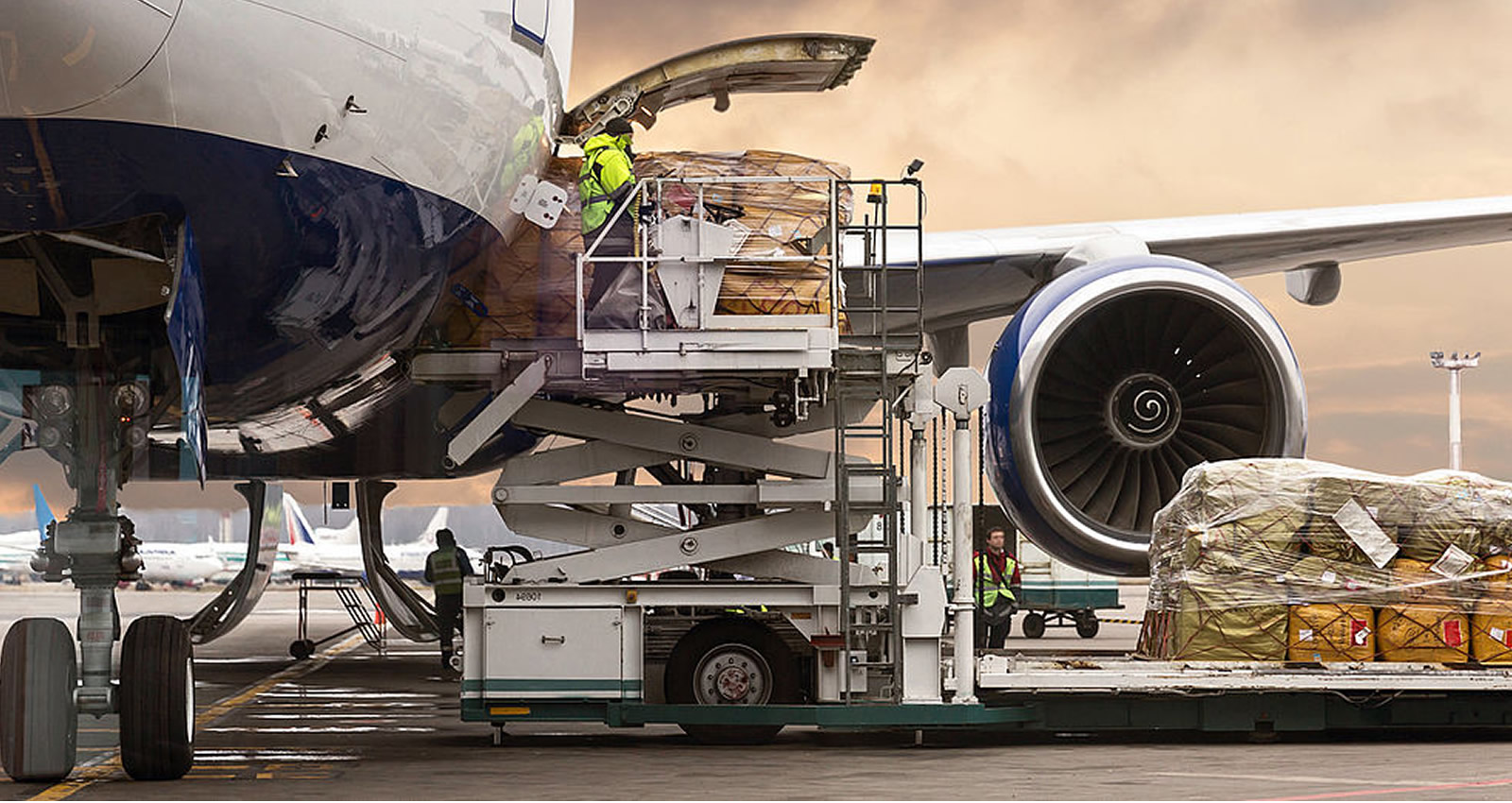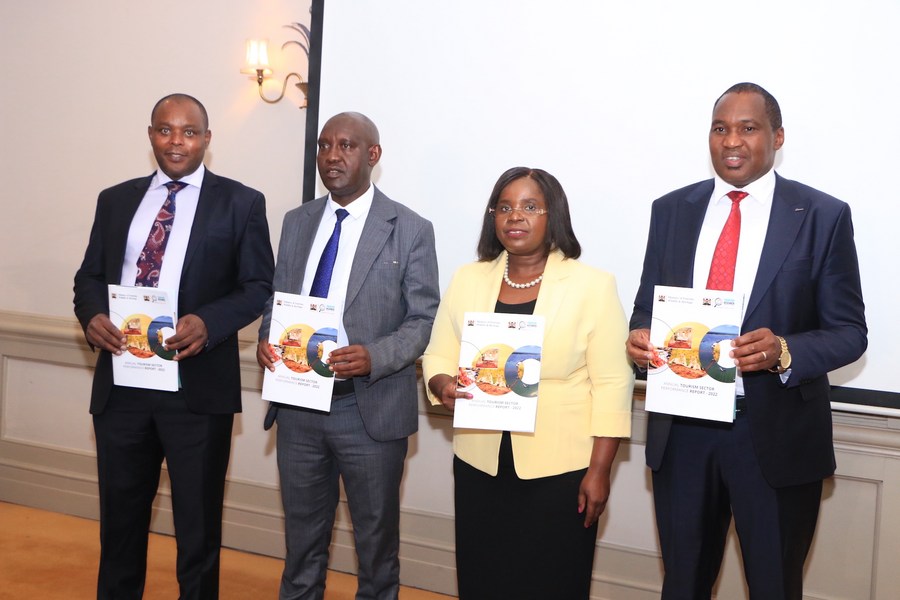Operators from Kenya to South Africa now offer more camping and walking, stressing the benefits for animals and local communities
- Botswana’s Wilderness Meraka and Zebra Plains Collection’s Lalashe Maasai Mara and Lalashe Ripoi in Kenya all offer luxury tented accommodation and walking safaris
- The Bushcamp Company’s Kukaya Lodge in Zambia and South Africa’s Singita lodges are being more flexible with game drives and meals while AndBeyond is educating travellers with a ‘masterclass’
If you’re eyeing up a luxury safari in Africa, expect to find more than just the traditional jeep-led experience now on offer in the likes of Tanzania, Kenya, South Africa, Zambia and Botswana.
When high-spending foreigners vanished in 2020, safari lodges were left struggling to fund wildlife conservation as well as hosting community projects. This has led some to a rethink about the kind of tourism Africa needs long-term and how visitors can better support environmental and civic goals.
Travellers, at the same time, have redefined their safari priorities to seek privacy in accommodation and on drives, flexible schedules, exclusive wildlife experiences and more cultural context.
https://f3653e6654f5bf5adb02ab5b9707c555.safeframe.googlesyndication.com/safeframe/1-0-40/html/container.html Lodges and tour operators are now responding with a fresh crop of wildlife and cultural experiences and wider accommodation choices to stand out from the competition and capture the demand that’s roaring back to the continent.
Before you book your bucket-list trip, consider this:
1. Safaris are changing – fewer vehicles, more walking, better for the animals
The typical all-inclusive safari in which guests are driven from distant lodges into popular areas of wildlife reserves can quickly resemble a crowded weekend at the zoo. The rush of humans and vehicles thwarts genuine connection with the surroundings, not to mention that it’s harmful to the wildlife. That’s why outfitters are trying to put guests closer to nature, whether through private game drives, walking safaris or overnight camps away from the crowds.
At Zebra Plains Collection’s new luxury Lalashe Ripoi camp in Kenya, which opens on July 1, “you can do night safaris by car and walking safaris that you cannot do in the main reserve,” owner Alfred Korir says. The six tented suites (US$4,000 per night apiece) will open on July 1 as one of three lodges sharing more than 33,300 acres of private concession land leased from the Maasai people and sat on the edge of Maasai Mara National Reserve.
Lalashe Ripoi’s launch follows the company’s June 2022 opening of Lalashe Maasai Mara (US$3,000 per suite), which offers just five tents at a fully catered camp for a maximum of 10 people on site at one time. The camp overlooks the reserve and a watering hole that attracts wildlife. Each suite features a plunge pool and lounge area, twin outdoor showers, fully stocked bars, butler service and private game drives. Korir calls his new camps “low-density tourism” – fewer people per wildlife sighting.
“I came up with this idea because in Covid times people didn’t want to be in a congested place. It’s working for us; possibly, this year is one of our best years ever,” he says, noting that Lalashe Maasai Mara is more than 50 per cent booked for July and August already.
At Wilderness Meraka, opening in July in the northernmost Mababe region of Botswana, nine tents on raised platforms (US$1,300 per person, per night) overlook an area of wetlands. No other safari company operates this far east of the Okavango Delta. Buffalos, elephants, zebras and lions are among the residents you’ll spot on drives or walks, depending on the season.
2. More flexibility
On a traditional safari, you’re beholden to rigid schedules for morning and evening game drives with other guests, as well as for meals. Jet-lagged or not, you must stick to the offerings lest you miss out on what you travelled so far to experience.
An à la carte approach, from the private game drives at times your group finds convenient, to selecting your meals from an on-site deli, is the new safari model at The Bushcamp Company’s upscale Kukaya Lodge in Zambia (Kukaya means “homestead” in the local Chinyanja language). Set to open in April, the lodge is the former home of the country’s founding president Kenneth Kaunda and sits within South Luangwa National Park.
Five chalets each enjoy 2,690 sq ft (250 square metres) of space, creating an oasis of tented rooms and outdoor en suite baths, with a private plunge pool and lounge area (US$425 per night). Bushcamp also offers walking safaris – an alternative that owner Andy Hogg says was born in Zambia – which are drawing more interest.
“It’s not the same as sitting in a Land Rover, bumping along a not very good road,” he says. “It’s about the smallest things, and it’s about smelling and seeing and feeling.”
This demand for a more sensory and immersive experience is what luxury lodge and camps outfit Singita is also betting on with its new add-on overnight camping experiences inside its 33,000-acre private concession inside Kruger National Park, on South Africa’s eastern border with Mozambique. Available only to guests of Singita Lebombo Lodge or Singita Sweni Lodge (starting at US$2,300 per night), the ad hoc option is for four people at a time. You can’t book this experience in advance, as it depends on the weather and availability of two trail guides, whose stories shared around the campfire add to the atmosphere.
“People want these raw and real experiences,” says Adrian Kaplan, executive head of marketing at Singita. “Raw” at this level is, of course, relative: you still get to sleep on cots with light mattresses, luxury sheets and a cosy duvet.
3. It’s not all about wildlife
First-time safari goers often get in a frenzy over wildlife and conservation, forgetting that there are often people in the landscape too.
More travellers now want authentic African experiences and an understanding of cultural nuances, Kaplan says. Singita is consequently transforming its boutique and gallery spaces to display work from celebrated, or up-and-coming, African artists. A percentage of any sale goes into conservation work. The menu also features more local dishes following requests from guests.
It may seem superficial, but “the aesthetic makes a difference”, says Naledi Khabo, chief executive officer of the African Tourism Association, adding that it makes the safari experience a cultural one too: “That traditional colonial aesthetic is not appealing or attractive to a certain audience.”
Wilderness, which runs 60 lodges in eight African countries, recently rebranded, dropping “safaris” from its name. “The connotation that word has in the mindset of potential guests brings up all of the Out of Africa imagery,” says Hadley Allen, chief commercial officer at Wilderness. The company wants to emphasise it’s about more than just safari.
Case in point: since June 2022, some Maasai people have faced eviction from their lands in the Serengeti in a bid to create additional wildlife game reserve areas for wealthy tourists. It’s not a new phenomenon – the Serengeti National Park was established in 1951 with the eviction of locals – but it’s one that travellers heading on safari are increasingly seeking to avoid being part of.
4. Seeing the biggest picture
The need for travellers to understand the continent better and see Africa as more than just animals is behind AndBeyond’s WildEconomy Masterclass, which is running in partnership with African Leadership University. The five-day itinerary (November 3–9, US$10,000 per person) includes Tanzania’s Serengeti National Park and Kenya’s Maasai Mara National Reserve and invites travellers to “see how their safari fits in the big picture”. It includes stays at AndBeyond’s Grumeti Serengeti River Lodge in Tanzania and Kichwa Tembo Tented Camp in Kenya. It doesn’t include flights, and US$100 of each person’s tour fee goes into the university’s internship fund.
As tourism roars back to African safari destinations – the number of arrivals to the continent reached 65 per cent of pre-pandemic levels by the end of 2022 – there’s “still a lot of, ‘I just want to see the Big Five’, because it’s a lot of first timers”, Robinson continues. But the goal is increasingly to leave a positive impact from what is often a once-in-a-lifetime trip.
“They’re still going on safari and have their luxury, but it’s much more immersive,” says Sue Snyman, research director for the School of Wildlife Conservation at the African Leadership University. She will lead AndBeyond’s tour. “They get to understand more about how the people living around the Serengeti and the Mara engage with wildlife and the flora, and the impact that the conservation area has on them, positive and negative.” It’s a start towards the aim, she adds, “of changing mindsets”.
5. Finding the most sustainable safari
After three difficult years, safari lodge owners and tour operators say supporting the most ethical safari operators in Africa is an even more critical aspect of your booking. It’s a daunting task for the buyer: claims of conserving vast amounts of land and promises to uplift host communities fill websites and marketing ads in a sea of travel-conscience washing.
Supporting companies that prioritise providing education and resources to people over and above food is key, says Zebra Plains Collection’s Korir. “When feeding people long term, you’re not giving them tools to get rid of poverty.”
External companies doing audits of safari lodges also have a role to play, says Snyman. But it’s ultimately up to travellers to try and check what’s being done to support conservation and the community with their holiday dollars. Only then will high-end tourism companies respond, though that awareness is already building: “There’s an understanding they have to do something more,” she adds.
Source: Style










